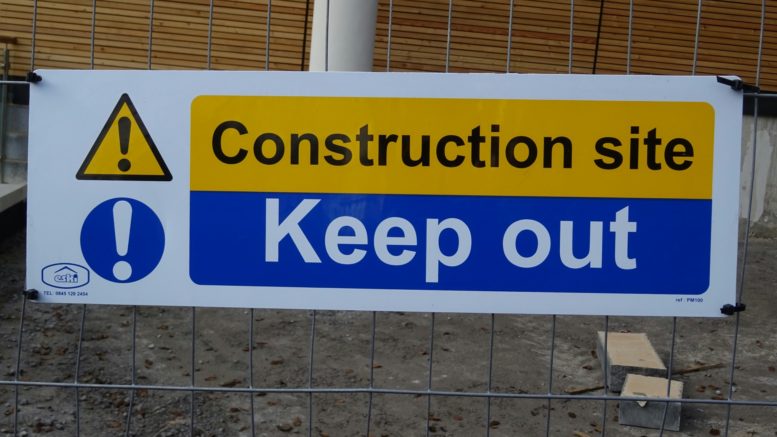ConDig (10-May-17). An association that represents non-union contractors is pushing for mandatory alcohol and drug testing on construction sites in New York City, according to reports.
The Associated Builders and Contractors (ABC), a non-union organization with more than 21,000 members, has written to City Council Speaker Melissa Mark-Viverito and City Council Member Jumaane William calling for the requirement to be included in safety legislation that is currently being mulled.
Under the plan, ABC has proposed adding the requirement as an amendment to Intro. 1447, which is a bill that aims to require workers to go through apprenticeship programs for building and demolition sites.
“This long-overdue mandate would play a crucial role in your efforts to increase construction safety and would undoubtedly save lives in one of the city’s most dangerous industries,” the group wrote.
But the proposal has been slammed by Gary LaBarbera, president of the Building and Construction Trades Council of Greater New York, who said there has never been allegations of drug and alcohol use relate to any of the fatalities on construction sites in the city.
Although the council backs drug and alcohol-free worksites, LaBarbera said the latest move was “diversionary attempt by irresponsible developers and non-union contractors” to shift the blame and and cover up for their own poor safety record.
There have been 11 construction-related fatalities in the city since last April, nine of which involved non-union workers, according to the Occupational Safety and Health Administration.
Last month, New York City Council approved a sweeping new construction safety bill that requires contractors to publish a full list of deaths and injuries on sites.
Under the bill, contractors will have now have to report details including the type of injury occurred on site, how long the worker has been on the job and whether they were unionized. Companies that fail to report deaths could be hit with fines up to $25,000.
A total of six bills in the package were approved, including a new law that requires buildings under construction that are more than four stories in height retain a construction superintendent. They must also have a safety plan for that particular project, with the plan made available to all workers on site.
Another bill requires all mobile cranes to be equipped with a GPS or similar device in order to transmit the location of cranes to the Department of Buildings and all cranes are required to be fitted with a recording device to collect information.
All hoisting machine operators are also required to have a license rating in order to operate certain large cranes.
